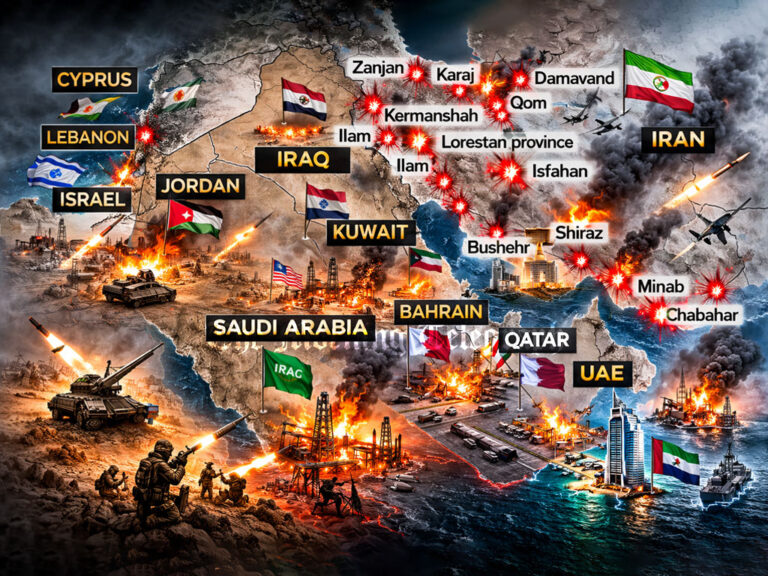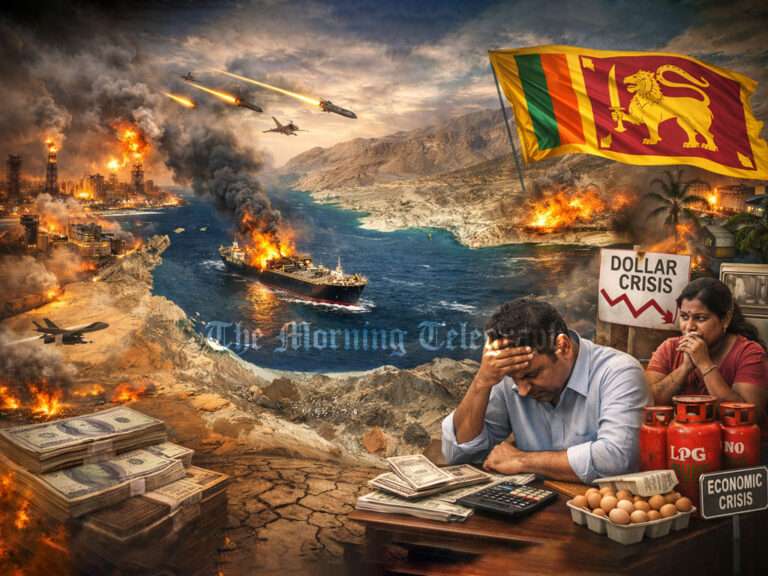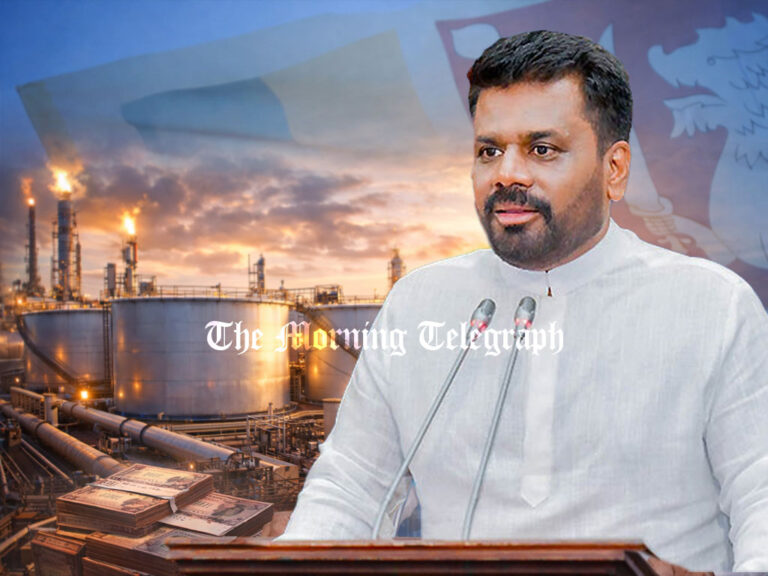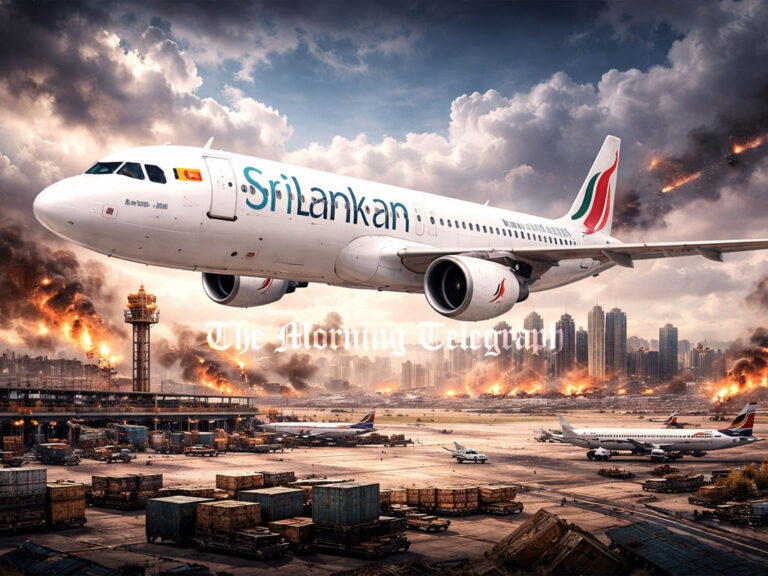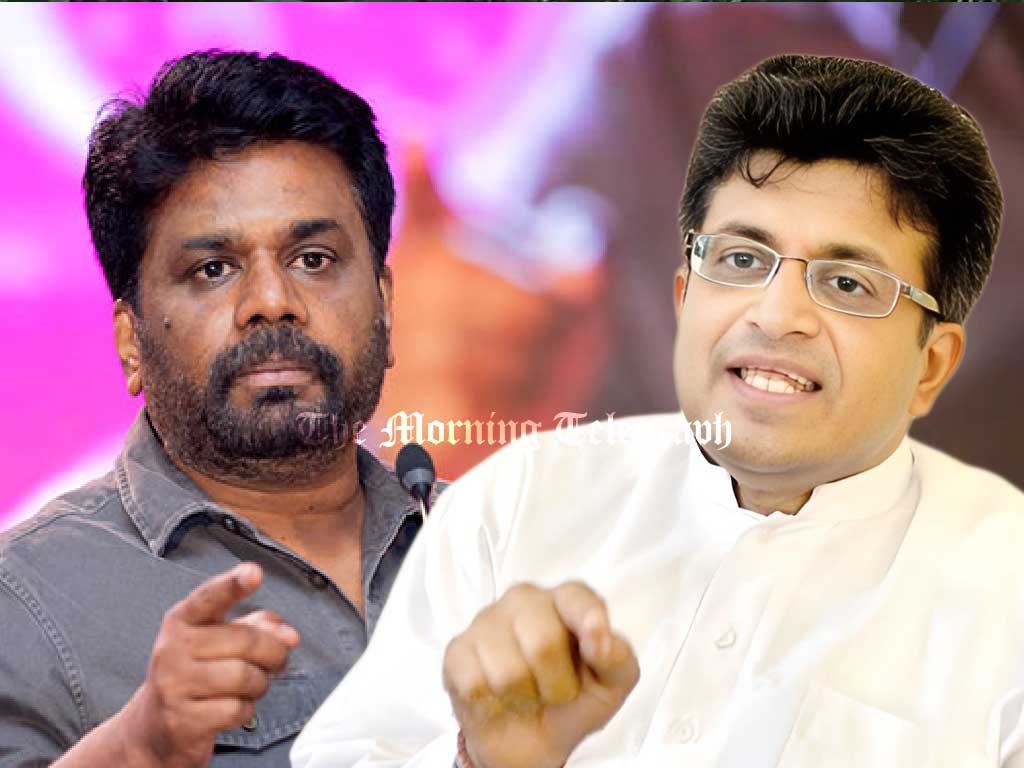
The President’s public criticism of judges constitutes direct interference with the judiciary, said Pivithuru Hela Urumaya leader and attorney Udaya Gammanpila. Addressing a press briefing at his party headquarters, Gammanpila asserted that neither the President nor any judge has the right to publicly discuss a case—whether ongoing or concluded—except in the specific case of a parliamentary motion to remove a judge. Special provisions have been established in Sri Lanka’s legal framework to safeguard the independence of the judiciary, which he claims the President has now violated.
Gammanpila was responding to remarks made by the President at a public meeting in Beliatta on March 29. During that address, the President stated that some judges had withdrawn from hearing certain cases and criticized their decisions to do so. He cited an example where two judges stepped down after Compass Party members alleged bias on social media.
Gammanpila explained that judicial tradition permits a judge to withdraw from a case if there is any public perception of bias, regardless of whether the perception is accurate. He noted that a fundamental principle in the justice system is not only that justice must be done, but also that it must be seen to be done. If there is doubt about a judge’s impartiality—fair or not—it is often in the interest of public confidence for the judge to recuse themselves.
He added that, rather than condemning judges, the President should address the conduct of members within his own party who may have created undue public pressure. Gammanpila emphasized that public discussion of a case—particularly by a head of state—can erode the credibility of the judiciary and could amount to improper influence, especially since High Court judges are promoted to the Court of Appeal by the President.
He also referred to a case filed against him, stating that the President had attempted to exert influence to secure a verdict in his favor. According to Gammanpila, the verdict in his case was originally scheduled for February 25 but was later postponed to March 24. He accused the President of making remarks in January suggesting that favorable decisions were expected from the courts in February, implying a level of control over judicial outcomes. Gammanpila stated that such comments were inappropriate and dangerous, given the President’s executive powers.
He drew comparisons with former Presidents Maithripala Sirisena, Gotabaya Rajapaksa, and Ranil Wickremesinghe, who, he claimed, refrained from commenting on his legal battles despite his vocal opposition to their administrations. He extended gratitude to the High Court judge who had delivered an independent judgment in his case, saying that it demonstrated resilience in the face of political interference.
Concluding his remarks, Gammanpila criticized the President’s behavior as immature and legally irresponsible. He stated that the President was either ignorant of legal boundaries or afraid, and suggested that he should seek better legal counsel to avoid further undermining the judiciary.
Turning to the ongoing humanitarian crisis in Myanmar and Thailand following a devastating earthquake, Gammanpila called on the government and the people of Sri Lanka to respond with compassion. He noted the deep-rooted cultural, religious, and historical ties between Sri Lanka and the two Buddhist-majority nations. From restoring the ordination lineage in Sri Lanka to unwavering diplomatic support, Myanmar and Thailand have stood by the country through centuries, he said.
Gammanpila questioned the silence of the current government, which he accused of promoting a secular agenda and hesitating to assist fellow Buddhist nations in their time of need. He said that Sri Lanka possesses one of the best-trained disaster response armies and a capable healthcare system, and urged immediate humanitarian action.
He appealed to the Maha Sangha, led by the Maha Nayaka Theros, to step forward and lead a national effort to help the victims of the disaster. He proposed that, instead of focusing on religious offerings this year, Sri Lankans should direct their resources toward aiding those displaced in Myanmar and Thailand. He also suggested that the construction of new Buddha statues and stupas be temporarily paused, and that each major temple in Sri Lanka take responsibility for helping rebuild a destroyed temple in Myanmar.
He concluded by urging the nation to seize this opportunity to embody the core values of Buddhism—compassion, generosity, and gratitude—and to show the world the living spirit of the Dhamma in action.

